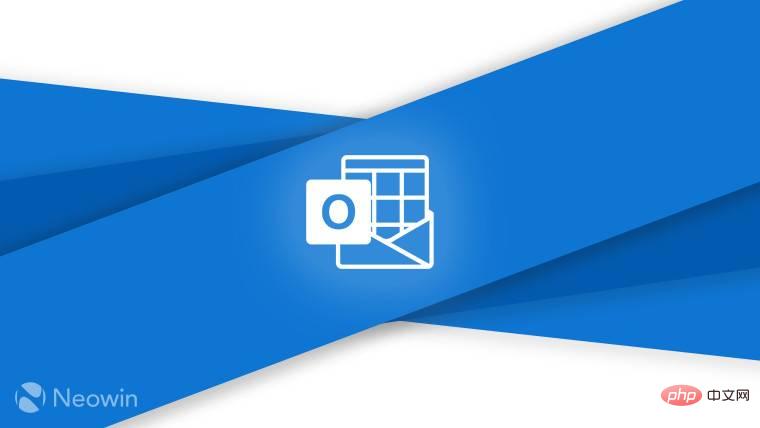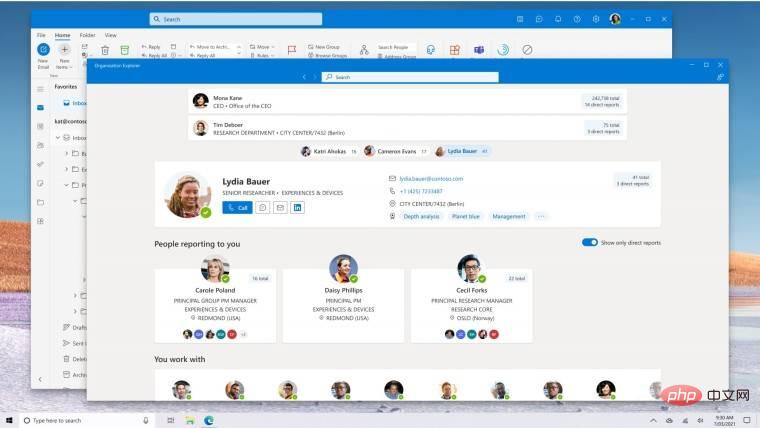
Microsoft has long been rumored to be developing a unified Outlook Mail and calendar platform. A single backend that is easier to develop, maintain, and troubleshoot. Despite the delay, the "One Outlook" platform, also known as "Project Monarch," is still in development and may launch as an optional update for Windows later this year. However, it will also be cross-platform and will be available on macOS, iOS, and Android as well.
Microsoft Outlook is one of the oldest and most widely used email clients. However, it is also one of the most diffuse. Microsoft currently maintains several different versions of Outlook. There's one for Windows and another for Mac, iOS, and Android devices. Then there is MS Outlook on the web.

It was rumored that Project Monarch would appear in the form of One Outlook last year. Like every other major project, this one has been delayed, presumably due to the pandemic. The One Outlook project will be named Outlook. The One Outlook project should eliminate front-end and back-end clutter.
Windows 10 and Windows 11 already have a native Mail and Calendar app. It appears that Microsoft is planning to gradually release a unified version of Outlook in the second half of 2022, presumably as part of the 22H2 cumulative feature update. It may initially appear as an optional update. While there's no official confirmation, there's a good chance that Microsoft may eventually replace its existing mail and calendar apps with the new One Outlook platform.
The One Outlook platform should work the same on Windows desktop (Win32/UWP; Intel and ARM), web, macOS desktop, and Android. The only way to achieve this unity is to model the new One Outlook on the current iteration of Outlook for the Web. This will mean Microsoft can develop and deploy server-side updates, allowing users to access them quickly.
The above is the detailed content of Microsoft plans to delay its unified 'all-in-one Outlook' plan, code-named Project Monarch, but it is still expected to happen.. For more information, please follow other related articles on the PHP Chinese website!